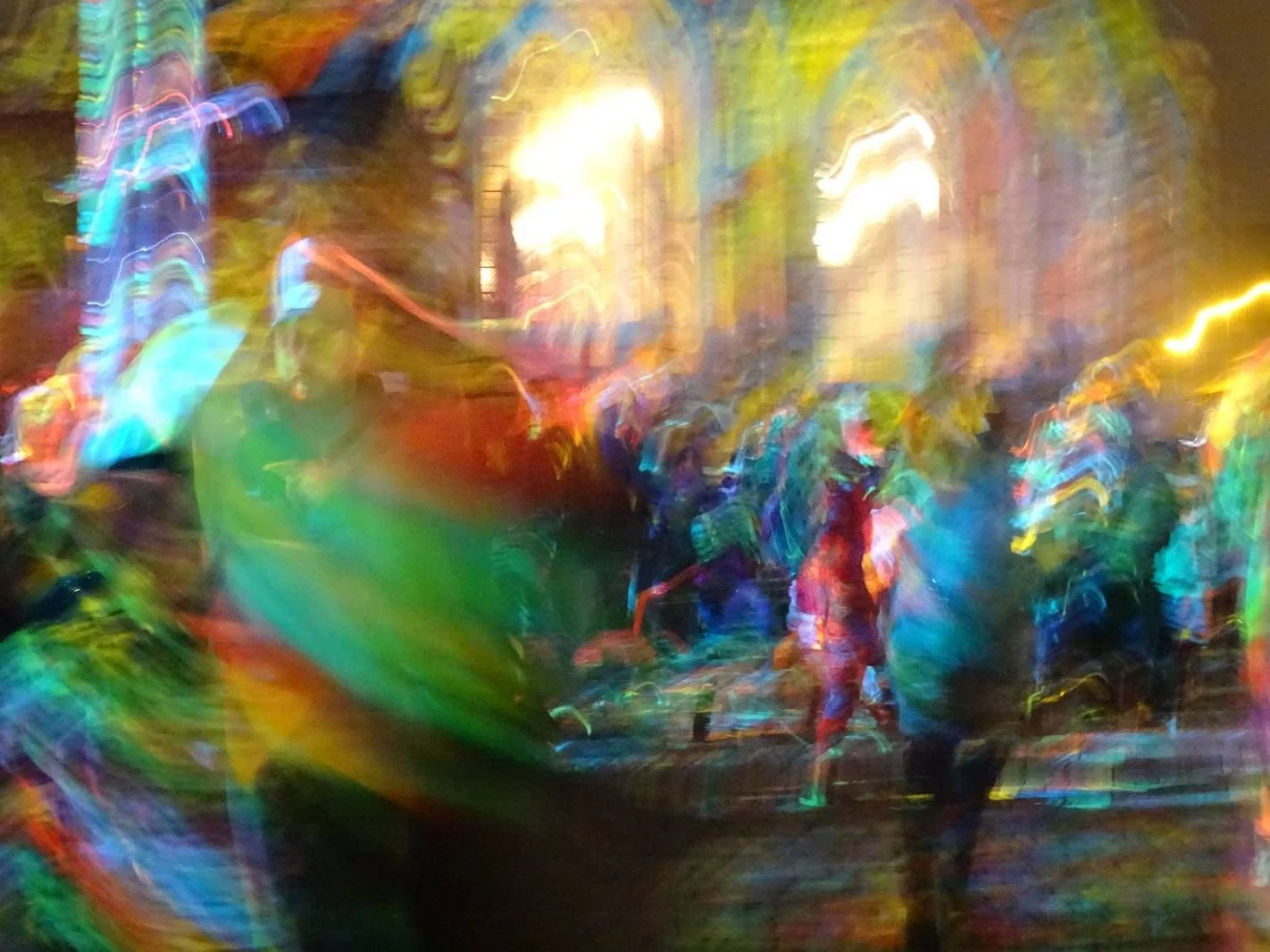Open digital lecture «A distillation of Life: On Electron Flow, energy, transformational matter & intelligence in the production of lively spaces» by Rachel Armstrong

What does it mean to incorporate life’s processes into the production of space? This talk explores the conditions in which biology is possibly by invoking the non-classical materiality of the living world: one that is not forged by hierarchies of Euclidean geometries, but through an ongoing currency and flow of electrons exchanged by semi-permeable bodies, fields, interfaces, and membranes. Experienced as “metabolism,” the flow of life is unevenly distributed through space and matter, being enabled through myriad types of (bio)(electro)(phyisco)chemical exchanges that enable and sustain the unique terrestrial materiality recognised as ‘life.’ Key to the persistence of this energised state are the actions of the microbial commons, a generative entity at the foundations of the biosphere that facilitates this flow and has increasingly enlivened the world since its inception over 3 billion years ago. Made possible by 21st century developments in genetic technologies, we can now “see” the complex microbial systems all around us and understand how much they are part of “us.” This talk looks to how it is possible to engage, and potentially design with, this life-flow (or zoe) as a kind of new urban “economy” that can be accessed through a bio-digital interface. Such a platform is not a Bitcoin system, or other fossil fuel hungry digital entity, but a metabolically produced materiality that generates bio-electricity within the limits of the carrying capacity of its habitats while simultaneously bioremediating its surroundings. Simultaneously energy, (bio)chemical system and environmental ‘data,’ the activity within this system can be influenced through electro/magnetic/metabolic fields as a form of inter-species communications that is non-classically spatial, material, intelligent and entangled with the processes of life. A range of projects prototyping this platform along with how they may be developed and installed within the domestic and urban landscapes, will also be discussed.
Rachel Armstrong is Professor of Regenerative Architecture at the Department of Architecture, KU Leuven, Belgium, Senior TED Fellow and a Rauschenberg Fellow for the Rising Waters Confab (2016). A pioneer of «living» architecture, incorporating “living” technologies into design and construction, her work explores the foundations of a fundamentally «living» and regenerative architecture that optimises resource use, enables «open» material transformation and explores new protocols for space-making that enable ongoing adaptation and change
This lecture is organized by Charlotte Eckrath as part of the ongoing master course Future Soft House.
